As a children’s orthopedic surgeon at Aberdeen Royal Infirmary, Mike Reidy doesn’t make many mistakes.
But he’ll never forget the one he made at Pittodrie.
Mike spent many happy years as a team doctor for St Johnstone, a job he took on while doing his surgical training at Perth Royal Infirmary.
But he started following the Dons when he moved to Aberdeen in 2019. His wife is from the city and both of his children are members of the junior Aberdeen FC supporters club, Aber-DNA.
So when he ran on to the Pittodrie pitch during an Aberdeen vs St Johnstone game last season and the home fans started singing one of their most-loved chants, it was only natural for Mike to join in.
“I was busying about in the medical bag,” Mike explains with a laugh. “And without thinking, in full St Johnstone kit, I started singing ‘Come on you Reds’.”
Mike got his knuckles rapped (“The physio said to me, ‘What the hell was that?’”).
But it may well be 40-year-old’s only blemish in a career that’s taken him from the west coast of Scotland where he grew up to one of the top consultant positions at Aberdeen Royal Infirmary as a specialist in children’s orthopaedics, neuromuscular paediatrics and hip operations.
He also fundraises for the Archie Foundation, the charity that looks after children and their families at the Royal Aberdeen Children’s Hospital (RACH), and leads research into the next advances in children’s medicine.
Overcoming dyslexia to make it to medical school
It’s an impressive CV, especially for someone who at high school wasn’t sure if he would leave with any qualifications, never mind the ones needed to get into medical school.
Mike is dyslexic and school was always a struggle, especially exams where, no matter how hard he tried, he couldn’t get through the questions as fast as his classmates,
“There were teachers who just presumed I wasn’t very bright,” he says.
But other teachers believed in him, including his S5 English teacher, who helped Mike build up his writing portfolio, which meant his overall grade didn’t all come down to the exam.
He ended up with an A in English, which in turn helped him get into medical school, where he quickly devised ways to get around his dyslexia – watching instructional videos, for example, instead of reading the textbooks.
When he started surgical training, with its focus on practical training, he was suddenly in his element.
In fact, he knows a lot of surgeons who are dyslexic – excelling in the wards rather than in the more paper-based early years of medical training.
It has made him a firm advocate of supporting people with dyslexia into careers that they may feel are beyond them.
“There’s a presumption that if you are dyslexic, that it’s a barrier to a professional career,” Mike says. “And I don’t think it is.
“You have your weaknesses, but you also have your strengths.”
Mike’s greatest moment and St Johnstone’s finest hour
Mike isn’t held back anymore.
In the past year, he’s won both the UK and Scottish orthopaedic trainer of the year prizes, helping the next generation of surgeons launch their careers.
He is also involved in national-level research at RACH’s Craig Research Unit, which he says puts Aberdeen in the “Champions League” of paediatric orthopedics.
Ask him, however, what ranks among his greatest achievements and he returns to football.
Mike was part of the St Johnstone set-up when the club celebrated possibly the greatest season in its history – in 2020/21 when it won both the League Cup and then the Scottish Cup, beating Hibs 1-0 at Hampden.
“It was a Covid cup final, so it almost felt a bit surreal,” he says of the Hibs victory.
“Obviously, it was still a huge deal, but it was only when we got back to Perth and you saw everyone lining the streets that you thought, oh wow, this is something.
“Just a once in a lifetime experience, absolutely.”
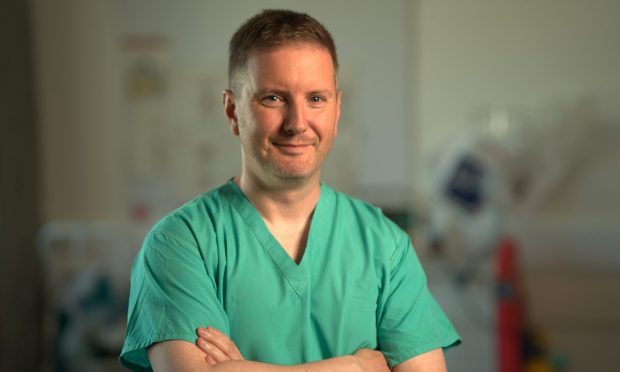
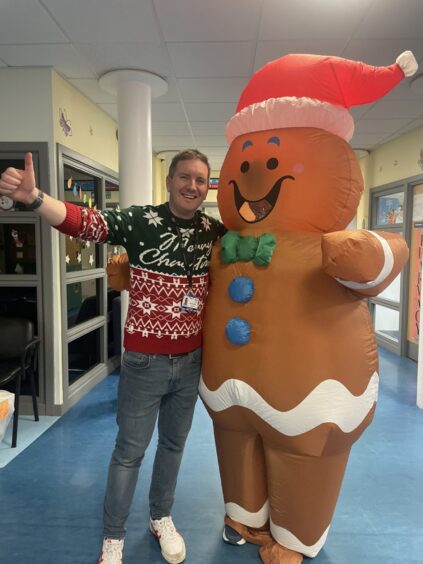
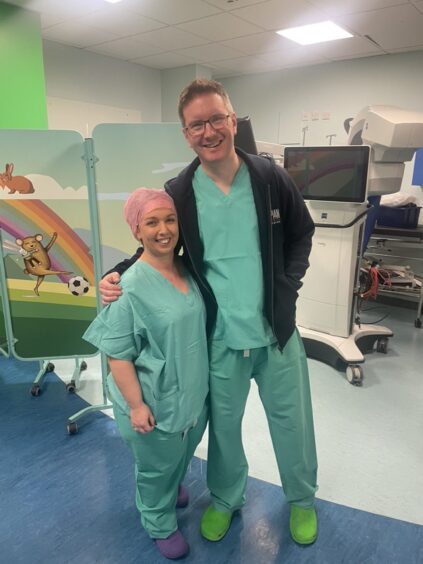
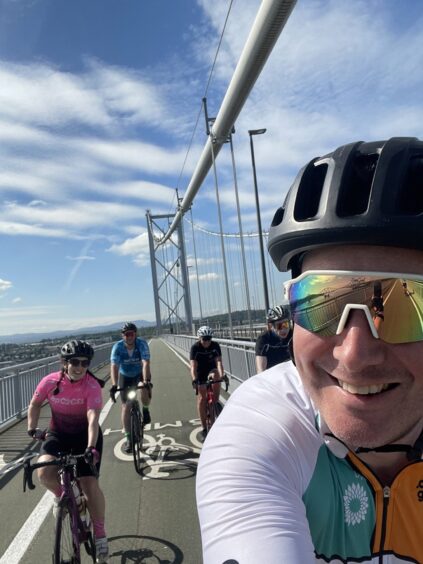
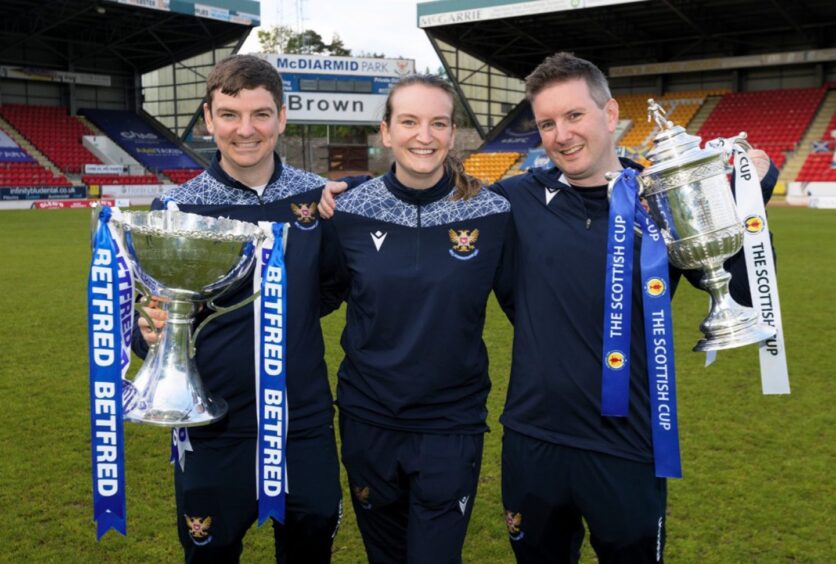
Conversation